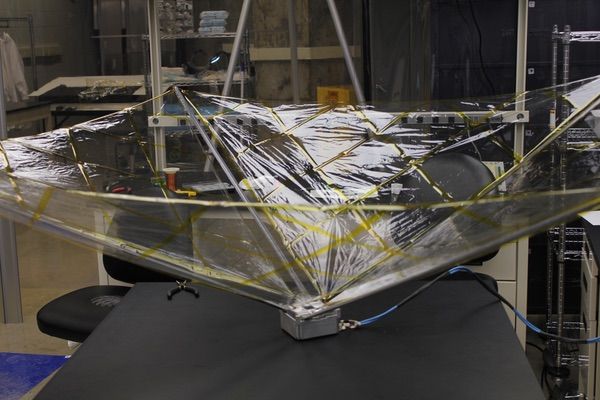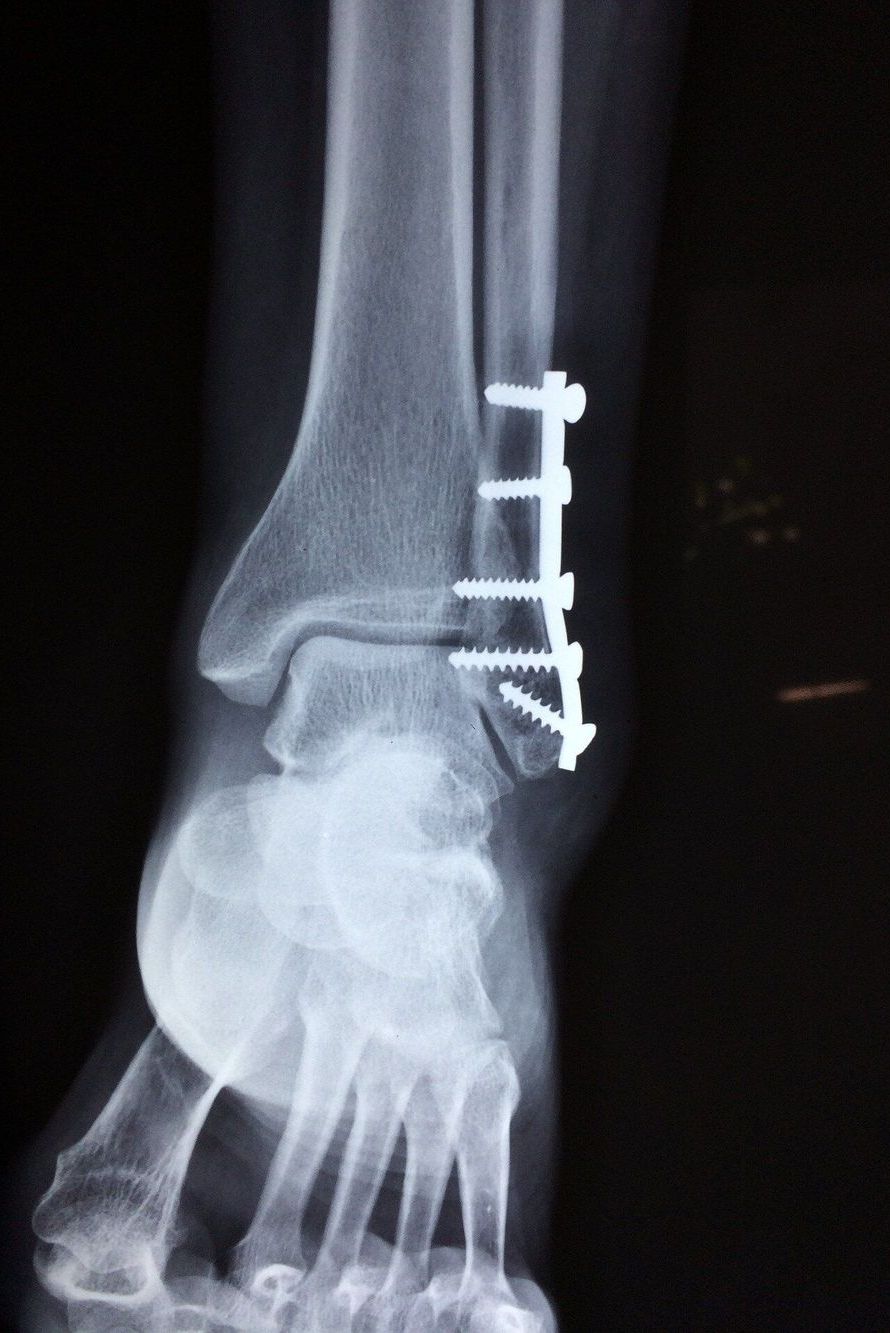There are currently about 22,000 tracked objects in LEO, some of which are smaller than one centimeter. The focus of many current plans has been on the active removal of current debris.
But with a projected 57,000 new satellites expected to launch by 2029, the question becomes: how to prevent new debris? Currently, at Purdue University’s School of Aeronautics and Astronautics, David Spencer and his team are working on a passive debris removal system using drag sail deorbiting technology where these passive deorbiting systems are embedded within a spacecraft for deorbiting at the end of the spacecraft’s lifetime.
Licensed by Vestigo Aerospace and funded through a Purdue University Research Foundation grant, Spencer and his team hope to launch a drag sail prototype with Texas-based Firefly Aerospace, no earlier than this April. Right now, Spencer is the project and mission of LightSail 2, a solar sail currently in orbit.





